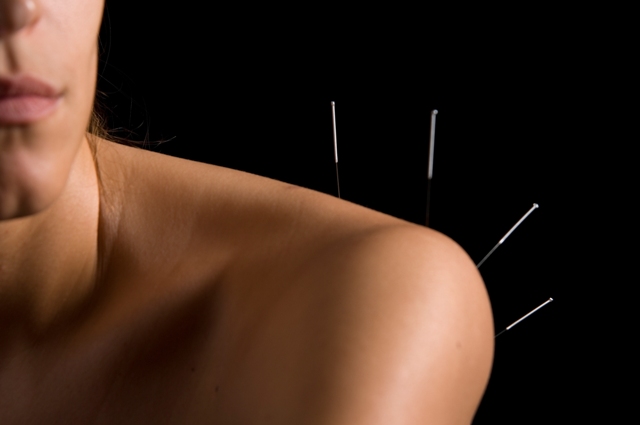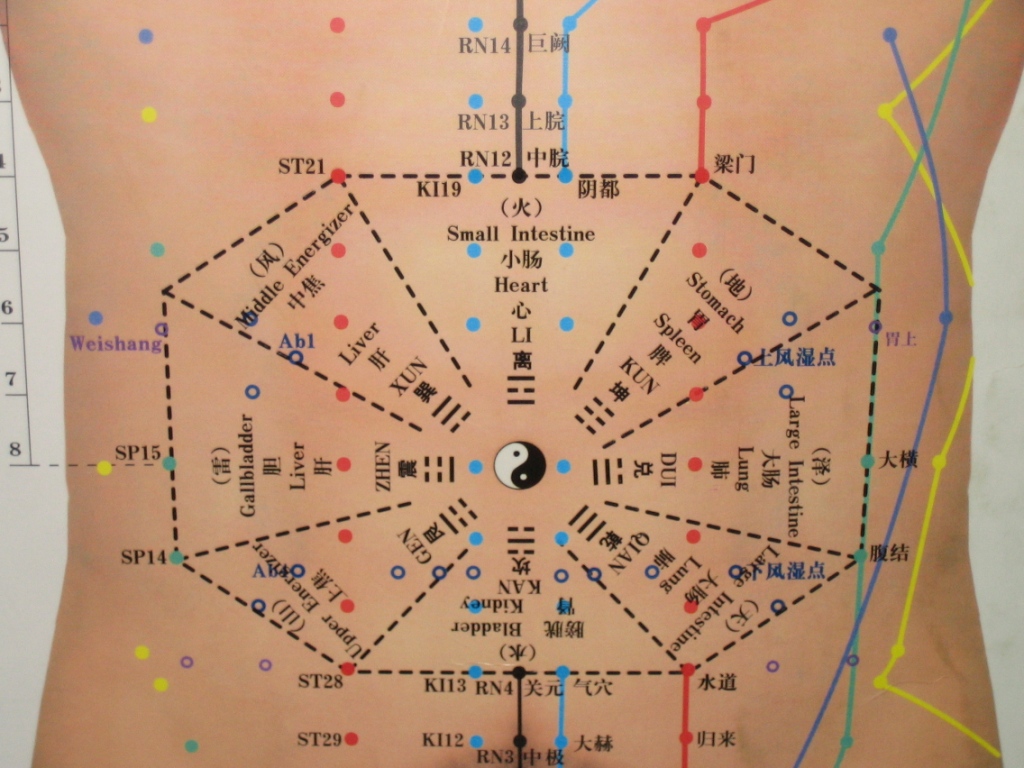Acupuncture is a Pseudoscience Based on a Powerful Placebo Effect, According to Study
2013.12.28

Something that has been practiced for thousands of years doesn't mean it actually works. According to a new study published online in the journal Cancer, the relief of acupuncture may be the result of a placebo effect.
According to researchers, they followed a group of 47 women being treated with aromatase inhibitors - a breast cancer medication that causes menopause like side effects as well as joint and muscle pain.
Twenty-three of them received eight weeks of acupuncture, while the rest received eight weeks of "sham acupuncture" - needles are placed on the skin randomly and not at traditional acupuncture points. They were also not actually inserted.
The researchers found that all patients reported that their side effects had improved.
Is this the power of placebo?
Scientists found no significant difference between the group that had received real acupuncture with the group that received "sham acupuncture".
"You could conclude," study author Ting Bao of the University of Maryland, Baltimore told HealthDay, "that it's a placebo effect."
Acupuncture is explained as a way to rebalance the energy or "qi" by applying needles to designated points along these pathways. The authors of the new study caution that even fake acupuncture might yield some unknown physical effect.

While some studies show a "possible positive effect" when acupuncture is used to treat conditions like lower back pain and menstrual cramps, most research on acupuncture is inconclusive.
Steve Silberman, in an investigation for Wired once documented how the mind can be so powerful that powerful drugs can end up being ineffective when stacked against placebo pills.
Nevertheless, the takeaway is that acupuncture is not entirely worthless. If it works on the mind, could it help patients improve their quality of life through perception?
As Bao told The New York Times, if you think acupuncture could help you and you're not foregoing conventional treatments, there's no real harm in giving it a try.
More Articles
Copyright © Fooyoh.com All rights reserved.